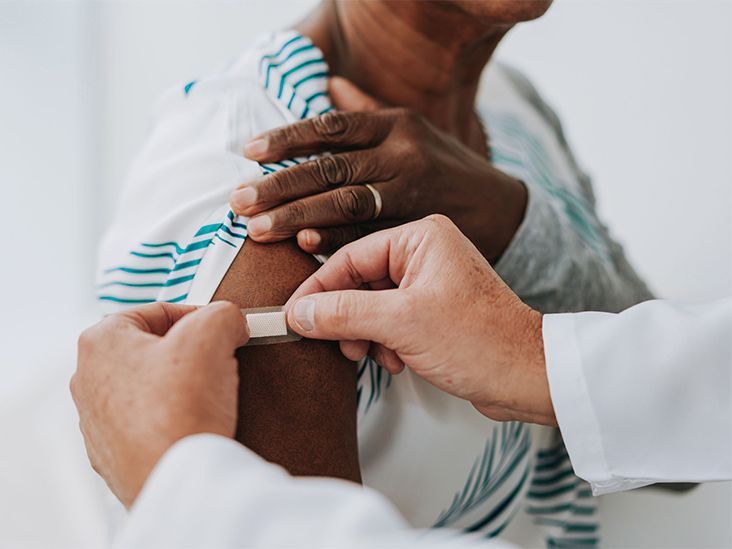
A groundbreaking study has found that a twice-yearly injection of the drug lenacapavir can provide 100% protection against HIV infections among women and adolescent girls. The results, published in the New England Journal of Medicine on July 25, 2024, have been hailed as a potential game-changer in the fight against HIV.
The study involved more than 5,000 young women and girls in South Africa and Uganda. None of those who received the prevention shots contracted HIV during the trial period. Lenacapavir is approved as a treatment for HIV infections but was being tested for its safety and efficacy as a preventative measure.
Lenacapavir works by disrupting the protein shells (capsids) of the HIV virus, interrupting its replication process in the body. The drug is produced by Gilead Sciences and has been shown to be more effective than daily pills for HIV prevention, which have a failure rate of 1.5% to 1.8%. The trial was halted when it became clear that the shots were more effective than daily pills.
The potential impact of this discovery is enormous, as around 3,100 young women and girls contract HIV every week in sub-Saharan Africa alone. AIDS deaths peaked in 2004 but still claimed over 630,000 lives in 2022. The United Nations has committed to ending AIDS as a public health threat by 2030.
Doctors Without Borders and other groups are calling for global action to break Gilead's monopoly on lenacapavir and allow mass production of the drug, which could significantly reduce its cost. Currently, lenacapavir is priced at $42,250 per patient per year in the United States.
Lenacapavir offers a highly effective, tolerable and discreet choice for preventing HIV infections. Ongoing clinical trials are expected to provide more data later this year and in early 2025. Activists have urged Gilead to ensure that people in low- and middle-income countries have the same access to lenacapavir as an HIV medication as do people in high-income countries, and to license it through the Medicines Patent Pool for open access.


